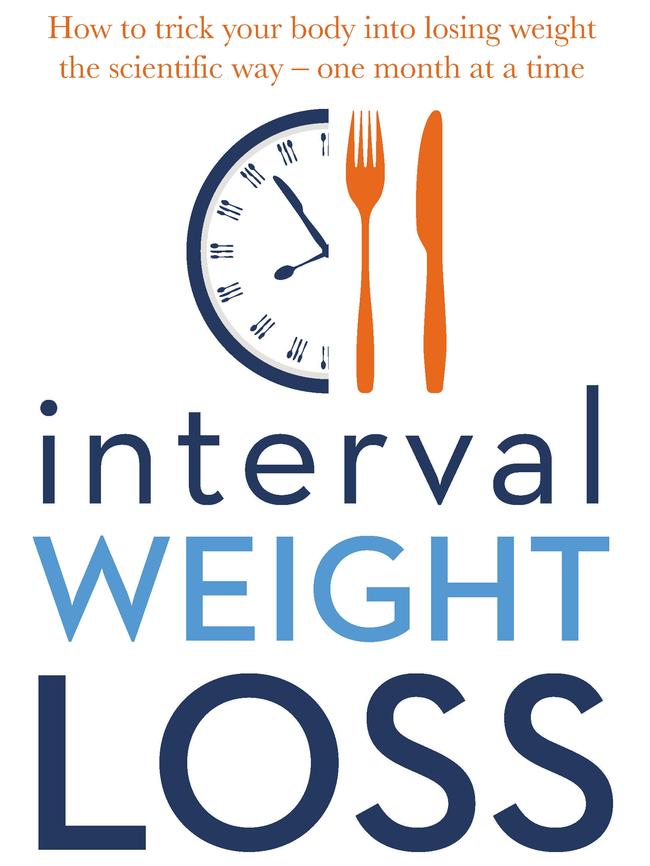World Diabetes Day 2017: Here’s why your diets keep failing
THERE is a clear reason why Australians attempt five diets every year to lose weight and fail every single time, says a Sydney doctor. Now, in light of World Diabetes Day today, he shares four tips to ditch the kilos for good.
Opinion
Don't miss out on the headlines from Opinion. Followed categories will be added to My News.
TODAY is World Diabetes Day. This is the world’s largest diabetes awareness campaign reaching a global audience of more than 160 countries and more than one billion people, paramount to the growing concerns and escalating health threat posed by diabetes.
One person dies from diabetes every seven seconds and dying from diabetes is projected to double by 2025.
Three main types of diabetes exist. Type 1 diabetes is an auto-immune disease, resulting in the beta-cells of the pancreas being attacked and consequently a person is unable to produce insulin — the hormone required to remove sugar from the blood.

Type 2 diabetes is the one we hear more about more often and the more common type, accounting for 90% of all diabetes. It is one predominantly associated with carrying too much weight.
The fat surrounding the pancreas in the body means it is unable to work as efficiently and hence a person’s blood sugar level escalates out of control.

If left untreated, it will result in serious health problems such as blindness and amputations.
Dr Nick Fuller: Why diets do nothing to curb obesity problem
Dr Nick Fuller: Diets are making you fat
Gestational diabetes is where diabetic symptoms appear during pregnancy and if left untreated may result in type 2 diabetes.
Frighteningly, 1 in 6 people also have a condition known as pre-diabetes — a slightly elevated blood sugar level that if left untreated will result in type 2 diabetes.
Here are four tips on this World Diabetes Day:
1. Go to your general practitioner for a health check
This is especially relevant if you haven’t been to your doctor in a few years and are over the age of 40.

A simple fasting blood test will tell you if you are at risk of type 2 diabetes and tell you if you are one of the six people with the condition known as pre-diabetes, and unaware of it.
2. Incorporate more exercise
Work towards including the recommended 30 minutes of moderate intensity exercise (walking) on five days per week, and two days per week of body-strengthening exercises, such as push ups.

If you haven’t exercised for a while make sure to take it easy and gradually build up, and to consult your GP before commencing a strenuous activity routine.
DR NICK FULLER: How much exercise you need to be healthy
DR NICK FULLER: Sydney doctor busts five health myths
3. Take a sensible approach
If you do get a scare from a health check-up don’t go and adopt an all-in or nothing approach. This mentality doesn’t work and it is not healthy or sustainable.

We try 4-5 diets every year to try and shift those kilos and fail at every single attempt. Think of the long-term picture and incorporate changes that are realistic and based on what is proven to work.
DR NICK FULLER: How you grocery shop could be doing you harm
4. Review your family history
Is there a family history of diabetes in your close relatives? A family history can considerably increase your chance of developing the disease.

There is a free diabetes risk calculator available here.
Dr Nick Fuller is the author of Interval Weight Loss, which is a scientifically proven way of redefining the weight your body wants to be, to ensure you lose it and keep it off. For more information go to Interval Weight Loss.




